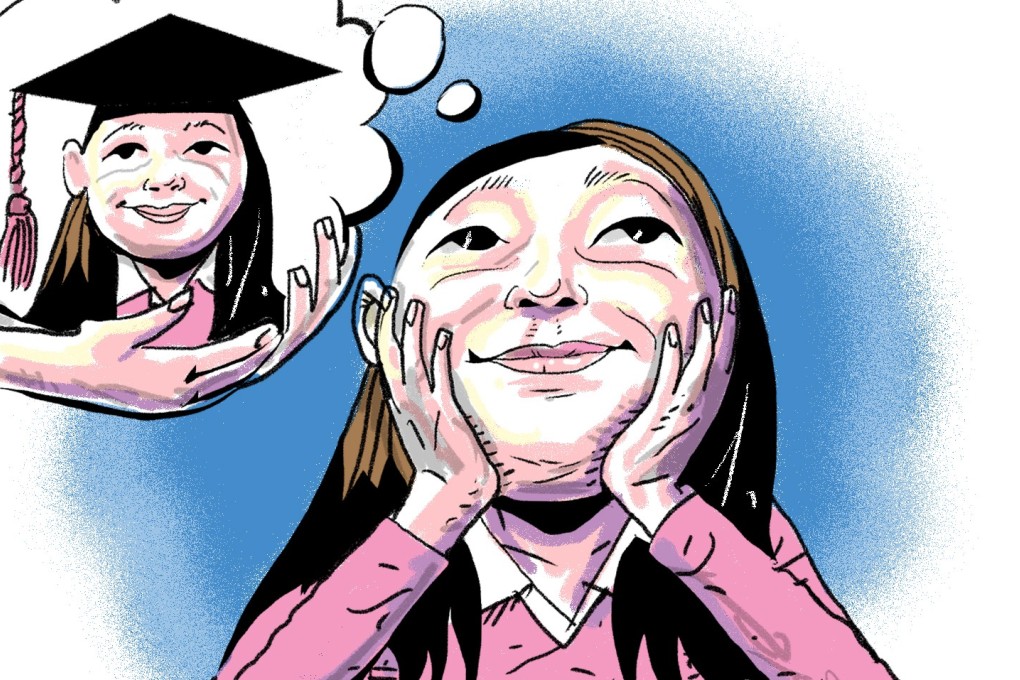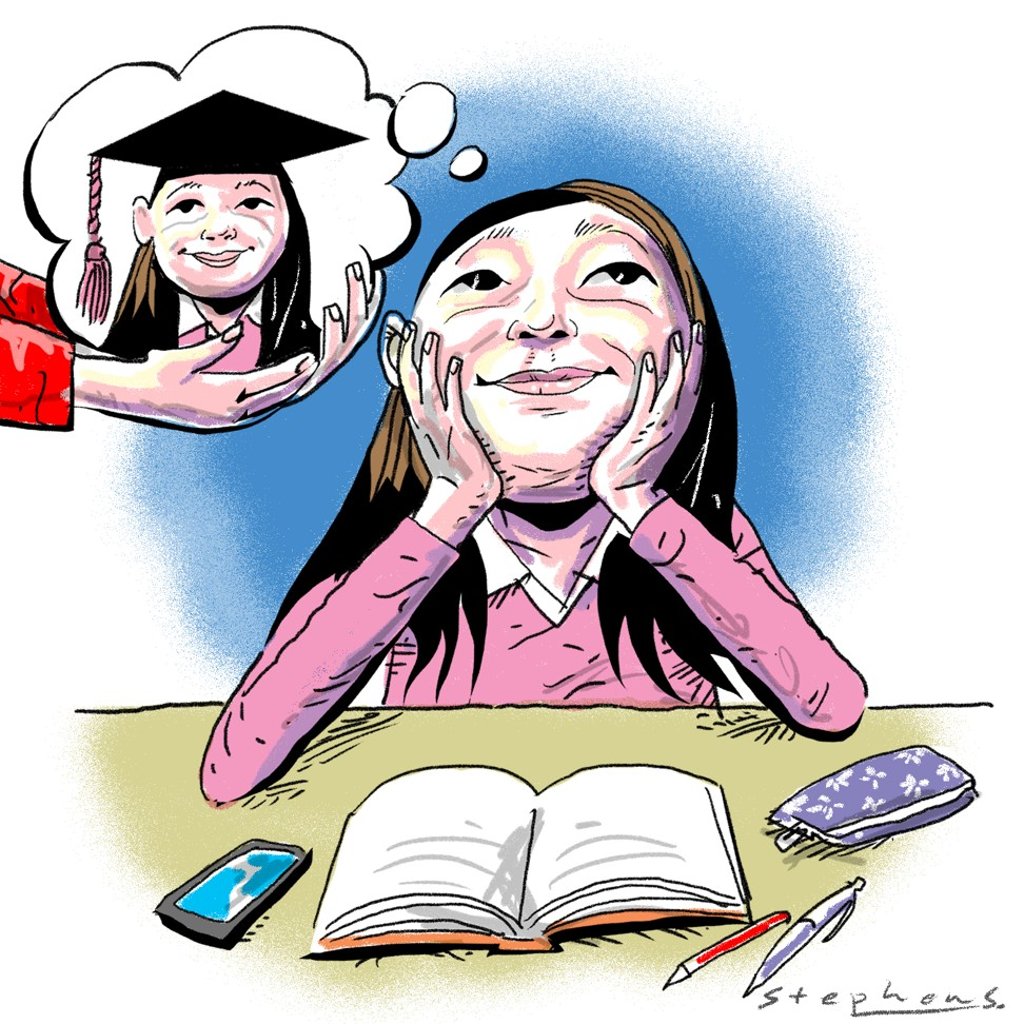Hong Kong education reform continues, but Beijing’s role presents new challenges
Katherine Forestier reflects on 20 years of education reform in Hong Kong which has had its successes, despite pressures over cost of living, minorities, special needs students and other concerns. Challenges remain, however, particularly meeting demands from students, parents – and mainland China


Eight government-appointed task forces, reviewing curriculum, assessment, teachers’ professional development, school-based management, parent education and elements of post-secondary education and research, are now being convened. We all have an interest in their recommendations.
Standing on the edge of this new stage of reform, it is easy to forget how, since 1997, key features of the education system have already changed drastically. This includes the end of entrance tests for primary and secondary school; new curriculums and exams; the development of teacher and leadership training; school management reform; and the expansion of post-secondary education, to name but a few.
Despite battles fought over many of the changes, this was a massive achievement because, for the first time, all students could complete senior secondary schooling, instead of a minority, and all could enjoy a curriculum that embodied enlightened principles gleaned from systems internationally, moulded to the local context. And with policies that promoted the expansion of tertiary education, pathways were established that enabled all to achieve higher levels of academic or practical learning.
